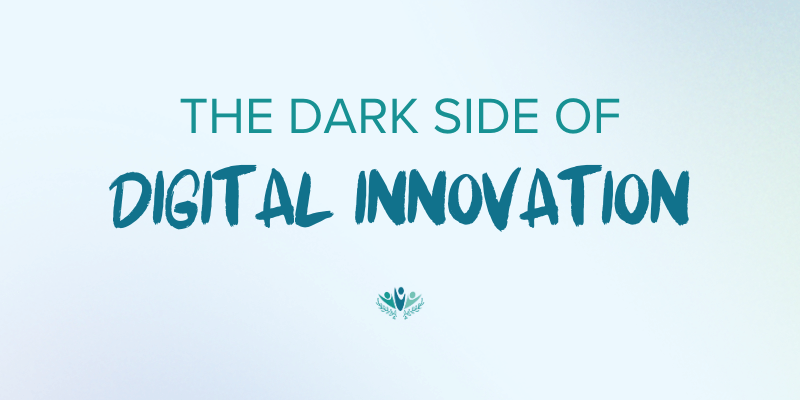This article originally appeared in the Stamford Advocate.
As the new school year begins, we are returning to routine, learning, and growth. With many schools implementing policies that limit cell phone use during the day, our children will have fewer opportunities to be online while in class. However, this makes it even more crucial for parents to be vigilant about their online activities at home.
In today’s digital age, the internet is woven into the fabric of our children’s lives, offering countless opportunities for learning and communication. However, it also harbors significant dangers, especially for vulnerable young users. With the proliferation of digital technologies, we have seen a heightened risk of online sexual exploitation and the distribution of explicit material. Alarming trends that demand our urgent attention include the rise of sextortion against young children and the use of deepfake technology to exploit and degrade young girls. The impact of these threats is devastating, leaving victims with severe emotional distress that affects their social lives, academic performance, and overall mental health.
According to the Child Crime Prevention and Safety Center, there are an estimated 500,000 online predators active on the internet each day. The F.B.I. reported more than 50% of the victims of online sexual exploitation are between ages 12 and 15, with an estimated 89% of sexual advances directed at children taking place in internet chatrooms or through instant messaging. Recently, Thorn reported in “Youth Perspectives on Online Spaces” that in 2022, one-third of minors reported engaging in some form of online sexual interaction.
At The Rowan Center, we are committed to ensuring parents in our communities are equipped with the knowledge needed to protect all our children.
The rise of sextortion
Sextortion, where predators coerce children into sharing explicit content and then demand money to prevent its distribution, has become a growing issue affecting children of all genders, with a recent increase in cases targeting young boys in middle and high school. Predators often pose as peers, gaining the trust of young victims through social media platforms, chat rooms, and online games. Sextortion is not just a violation of privacy; it is a profound attack on the mental health and well-being of young victims.
The advent of deepfake technology has introduced a terrifying new dimension to online safety. Easily accessible “nudification” software allows for the creation of highly realistic but fake explicit images and videos. Recent reports have highlighted cases where middle and high school boys use this software to manipulate identifiable photos of their clothed female classmates, creating fake images with exposed AI-generated genitalia. These fake images are often shared through group chats on platforms such as Snapchat and Instagram, leading to coercion, harassment, bullying, and humiliation of the victims. The fear of having explicit images shared publicly, fake or not, can lead to social withdrawal, academic decline, and, in extreme cases, self-harm or suicidal ideation.
At The Rowan Center, we are expanding our efforts to educate children and parents about these emerging risks. Our programs focus on promoting digital literacy and encouraging children to think critically about the content they encounter online, recognize warning signs, and, most importantly, communicate openly with trusted adults about their online interactions. By addressing the root causes of sexual violence and promoting healthy relationships, bodily autonomy, and consent, we aim to create a safer, more respectful environment for all.
A call to action for parents
As parents, we urge you to take proactive steps:
- Educate yourselves and your children about the risks associated with sharing personal information online.
- Have open conversations with your children about digital safety and the dangers of sextortion and online degradation, providing them with the tools to protect themselves.
- Advocate for educational programs like those offered by The Rowan Center in your child’s school, ensuring they are equipped to recognize and respond to online threats.
Together, we can protect our children and help them navigate the digital world safely. Let’s make this school year not just a time of academic growth, but also a time to strengthen our commitment to their safety and well-being.
The time to act is now. Our children’s future depends on it.

